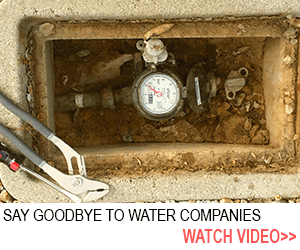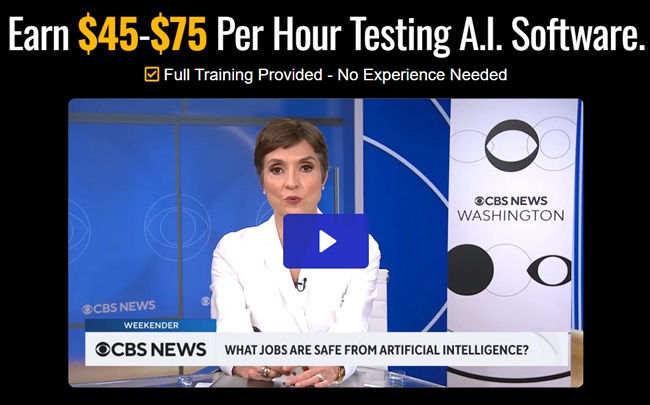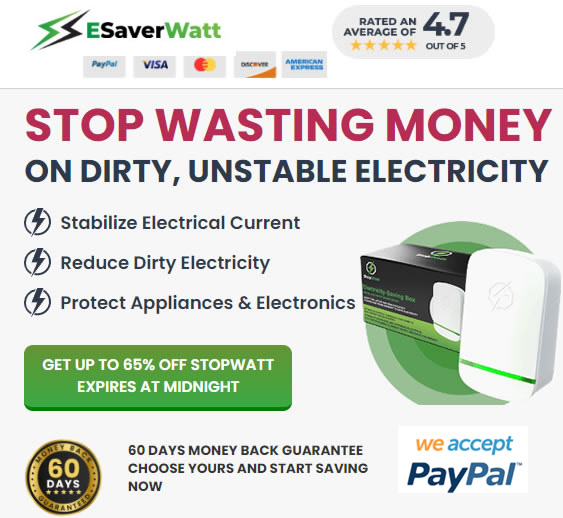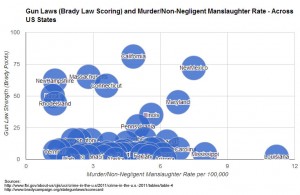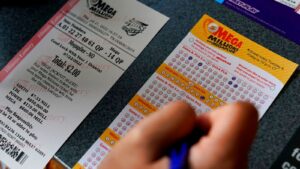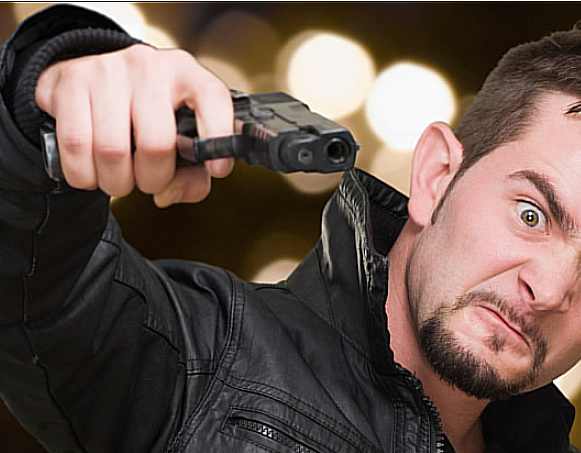
TLDR: The term “gun show loophole” has become a focal point of discussions surrounding federal gun laws in the United States. This loophole refers to a situation where individuals can legally sell guns at gun shows without requiring a federal firearms license. Unlike licensed gun dealers or gun stores who are bound by strict regulations and background check requirements, private individuals at gun shows are not always subjected to the same level of scrutiny. This has raised concerns about the potential for unchecked transactions, potentially exacerbating issues related to gun violence.
The essence of the “gun show loophole” hinges on the distinction between federal firearms license holders and private sellers. Licensed dealers, who operate out of gun stores and similar establishments, are mandated to conduct background checks and adhere to stringent regulations when selling firearms. However, at gun shows, private sellers are not always subject to these same standards, enabling them to transfer firearms without verifying the buyer’s eligibility or criminal history. This loophole has sparked debates about the need for comprehensive reforms to address potential gaps in the regulation of gun sales and curb the risks associated with unchecked transactions.
Myth 1: The gun show loophole allows anyone to simply buy a gun at any gun show.
Myth 2: The gun show loophole doesn’t exist and is completely fabricated. There is no gun show loophole.
Fact: In most states, private sellers (unlike federally-licensed dealers) aren’t required to conduct background checks. The transaction doesn’t have to take place a gun show and therefore, what’s being labeled as a loophole isn’t specific to gun shows. Nevertheless it’s indeed possible to legally purchase guns without a background check in most states. A more precise label would be the “private seller loophole.”
